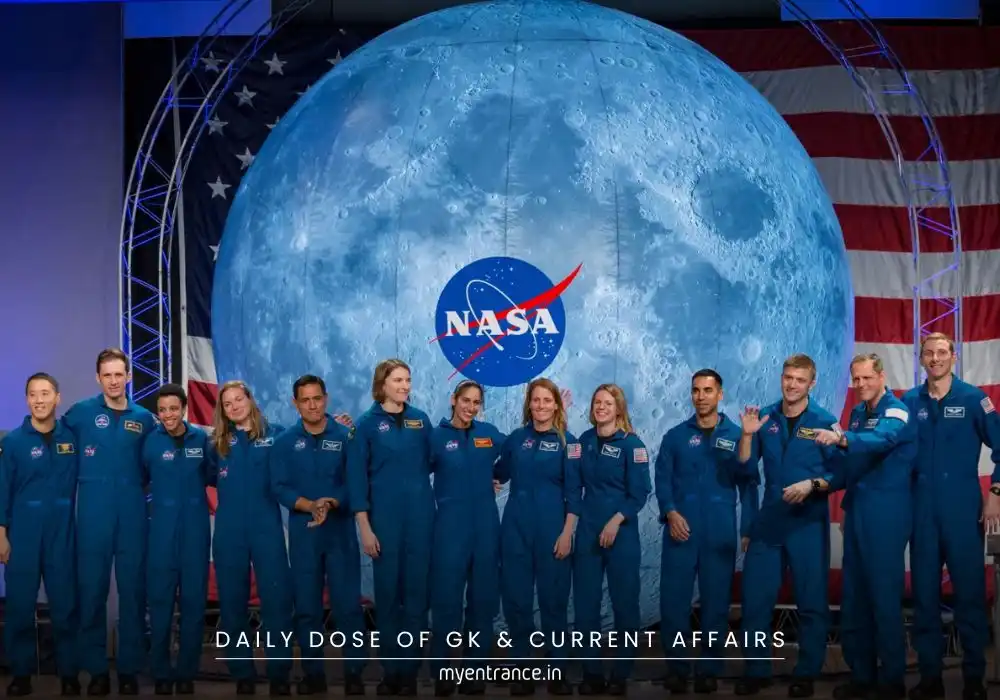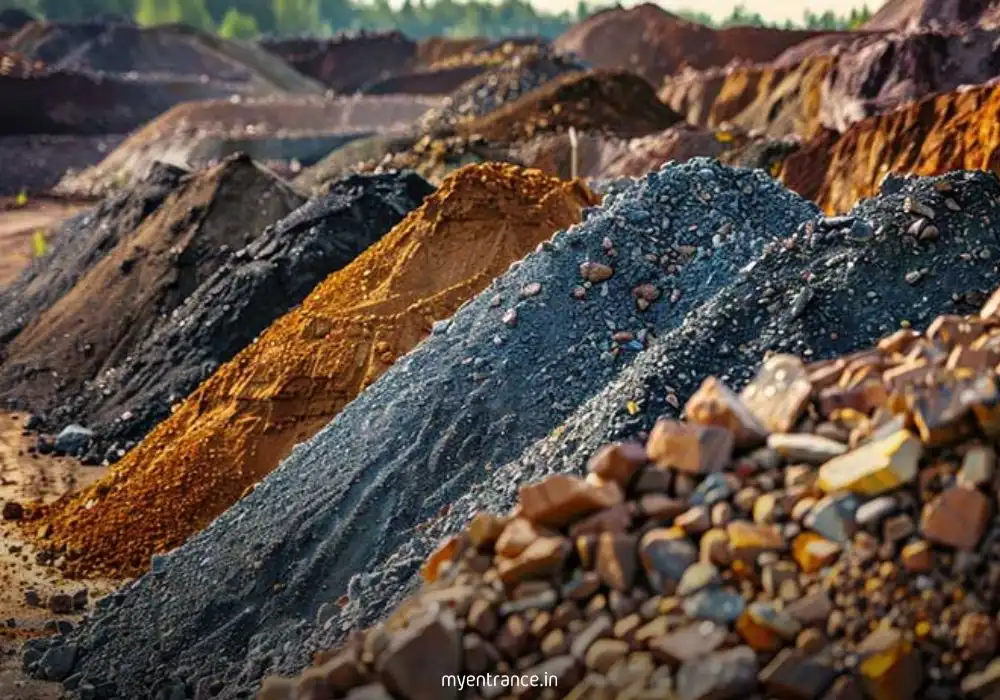Translate Language
How Can You Join NASA? A Step-by-Step Guide for Aspiring Space Professionals
NASA isn’t just for astronauts—it’s a hub for scientists, engineers, researchers, and innovators shaping the future of space exploration. While U.S. citizenship is required for most NASA jobs, international students can still engage through research partnerships, fellowships, and affiliated programs. Here’s how you can align your career with NASA’s mission.

How Can You Join NASA?
1. Understand NASA’s Diverse Career Opportunities
NASA hires professionals across multiple fields:
Scientists: Planetary geologists, climate researchers, astrobiologists.
Engineers: Aerospace, robotics, systems, and software engineers.
Tech Experts: Data analysts, AI specialists, UX designers.
Support Roles: Project managers, policy advisors, communications specialists.
Pro Tip: Explore NASA’s official careers page and research papers to identify roles matching your interests.
2. Build a Strong STEM Foundation
Start early with a focus on:
Core subjects: Physics, Mathematics, Chemistry, Computer Science.
Extracurriculars: Robotics clubs, astronomy societies, STEM competitions like Olympiads.
Coding skills: Python, MATLAB, or C++ for aerospace applications.
3. Pursue Relevant Undergraduate & Graduate Programs
Top degrees for NASA-linked careers:
Aerospace/Mechanical Engineering
Astrophysics/Physics
Computer Science (AI/Data Science)
Earth & Environmental Sciences
Key: Prioritize universities with strong research labs, NASA collaborations, or space-tech programs (e.g., MIT, Caltech, IISc in India).
4. Gain Research Experience
Work on university projects related to space tech or environmental science.
Publish in student journals or present at conferences.
Join internships at ISRO, ESA, or private space firms like SpaceX.
5. Explore NASA-Linked Programs for International Students
While direct NASA jobs require U.S. citizenship, you can:
Apply for the NASA International Internship Program (I²) if your country partners with NASA.
Pursue graduate studies at NASA-affiliated U.S. universities (e.g., University of Colorado Boulder).
Contribute to global missions like Artemis or NISAR through ISRO/ESA collaborations.
6. Network & Stay Updated
Follow NASA’s social media and mission updates.
Join professional bodies like AIAA or IEEE.
Attend webinars by scientists from NASA, ISRO, or JAXA.
Sample Q&A for Competitive Exams
Q1: Which subjects are crucial for a NASA career in robotics?
A1: Physics, Computer Science, and Mechanical Engineering, with coding skills in Python/C++.
Q2: Can Indian students work directly at NASA?
A2: Only U.S. citizens can be NASA employees, but Indians can collaborate via ISRO-NASA projects or research roles in U.S. labs.
Q3: Name one NASA internship program for international students.
A3: NASA’s International Internship Program (I²), offered selectively to partner nations.
Q4: Which Indian institute has strong NASA collaborations?
A4: IISc Bangalore and IITs with aerospace research tie-ups.
Q5: What’s the role of a planetary geologist at NASA?
A5: They study planetary surfaces, rocks, and soil to understand celestial bodies like Mars or the Moon.
Get 3 Months Free Access for SSC, PSC, NIFT & NID
Boost your exam prep!
Use offer code WELCOME28 to get 3 months free subscription. Start preparing today!













